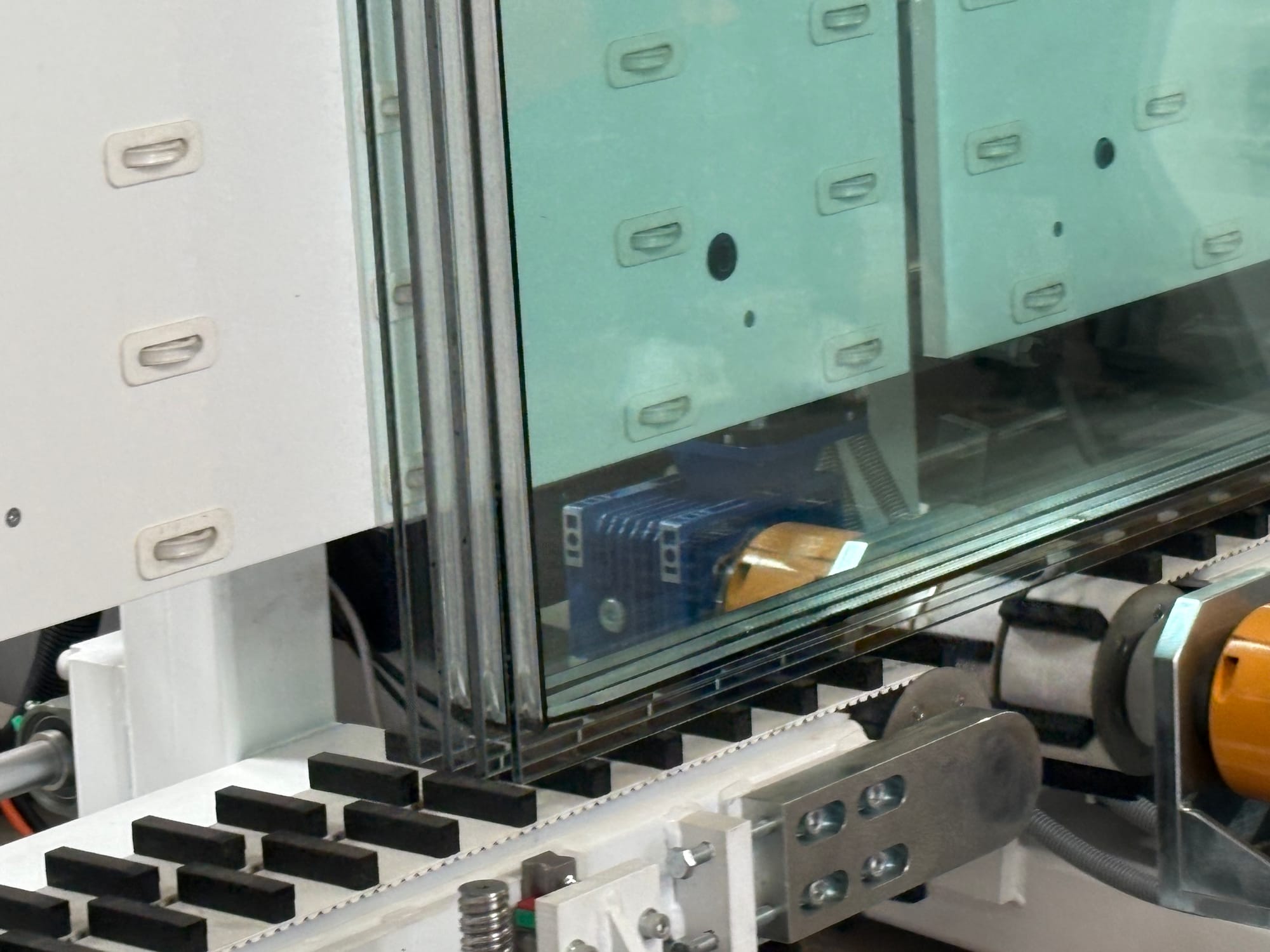Advantages of high-performance insulating glass

Excellent Thermal Insulation Performance: High - performance insulating glass has an extremely low thermal conductivity, effectively reducing the heat transfer between indoors and outdoors. For example, in cold winters, it can prevent indoor heat from escaping, keep the room warm, and reduce heating energy consumption. In hot summers, it can block outdoor heat from entering the room, keep the indoor environment cool, reduce the frequency and duration of air - conditioner use, thus achieving the goal of energy conservation.
Good Sound Insulation and Noise Reduction Effect: The air layer or special gas layer in the middle of the insulating glass can effectively block the propagation of sound, and has a significant sound - insulation effect on external noises such as traffic noise and industrial noise. Generally, the sound - insulation quantity of high - performance insulating glass can reach 30 - 40 decibels, creating a quiet and comfortable indoor environment for people and improving the quality of life and work.
High - efficiency Energy - saving Characteristics: Due to its good thermal insulation performance, it can reduce the building's dependence on equipment such as air - conditioners and heaters, reduce energy consumption, and lower the emission of greenhouse gases such as carbon dioxide. It complies with national energy - saving policies and environmental protection requirements, contributing to the sustainable development of buildings.
Excellent Optical Performance: High - performance insulating glass can be subjected to special coating treatment as required, such as low - emissivity (Low - E) coating. While ensuring good daylighting, it can effectively reflect infrared and ultraviolet rays, reduce the fading and aging of indoor furniture, fabrics, etc. caused by sunlight exposure, and at the same time reduce indoor glare, providing a comfortable visual environment.
Strong Safety Performance: The structure of the insulating glass gives it high strength and stability, making it less likely to break. Even if it breaks under external impact, the glass fragments will adhere to the middle adhesive layer and are not likely to splash and hurt people, having a certain safety protection function. In addition, some high - performance insulating glass can also adopt processes such as laminated glass to further improve its safety performance.


